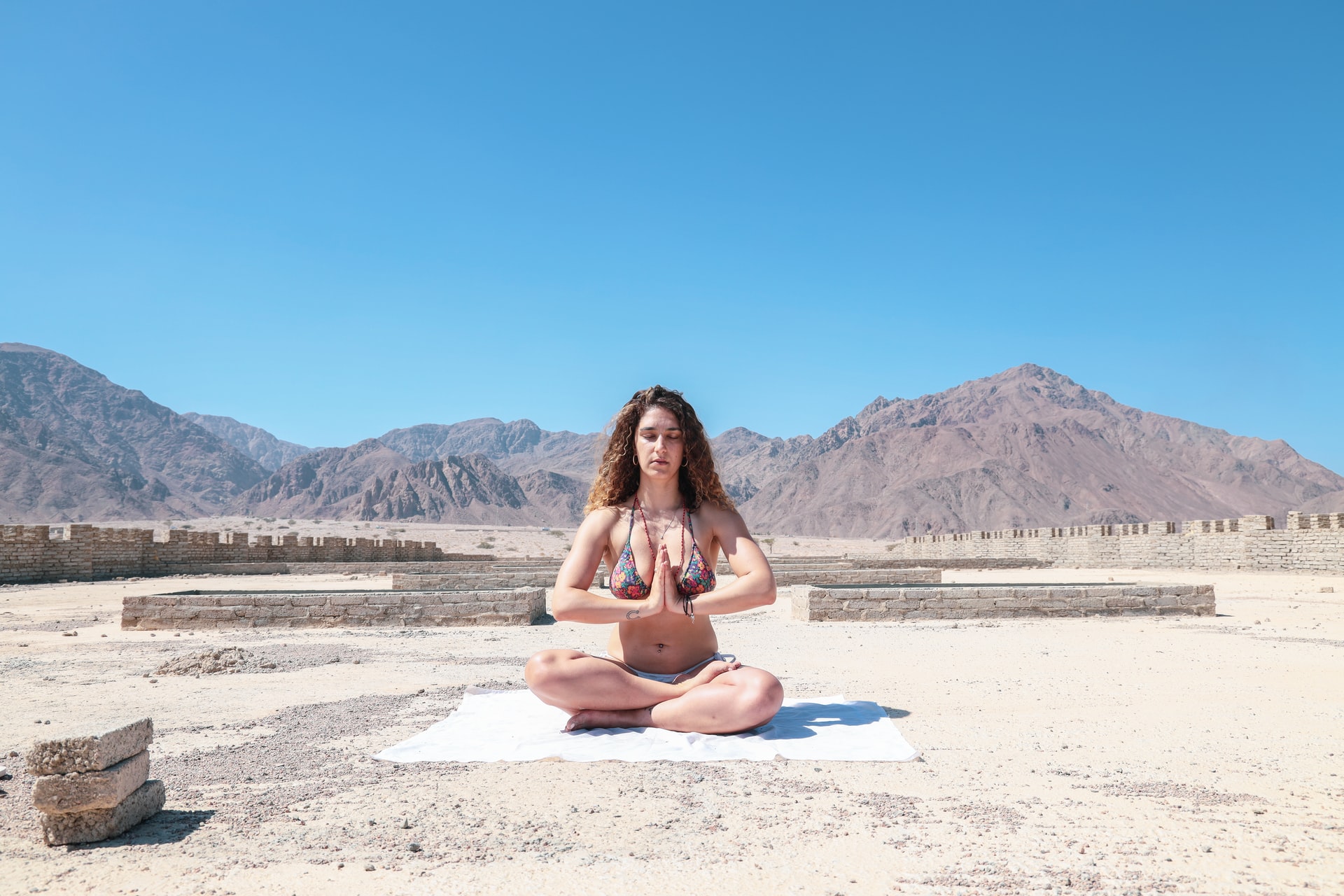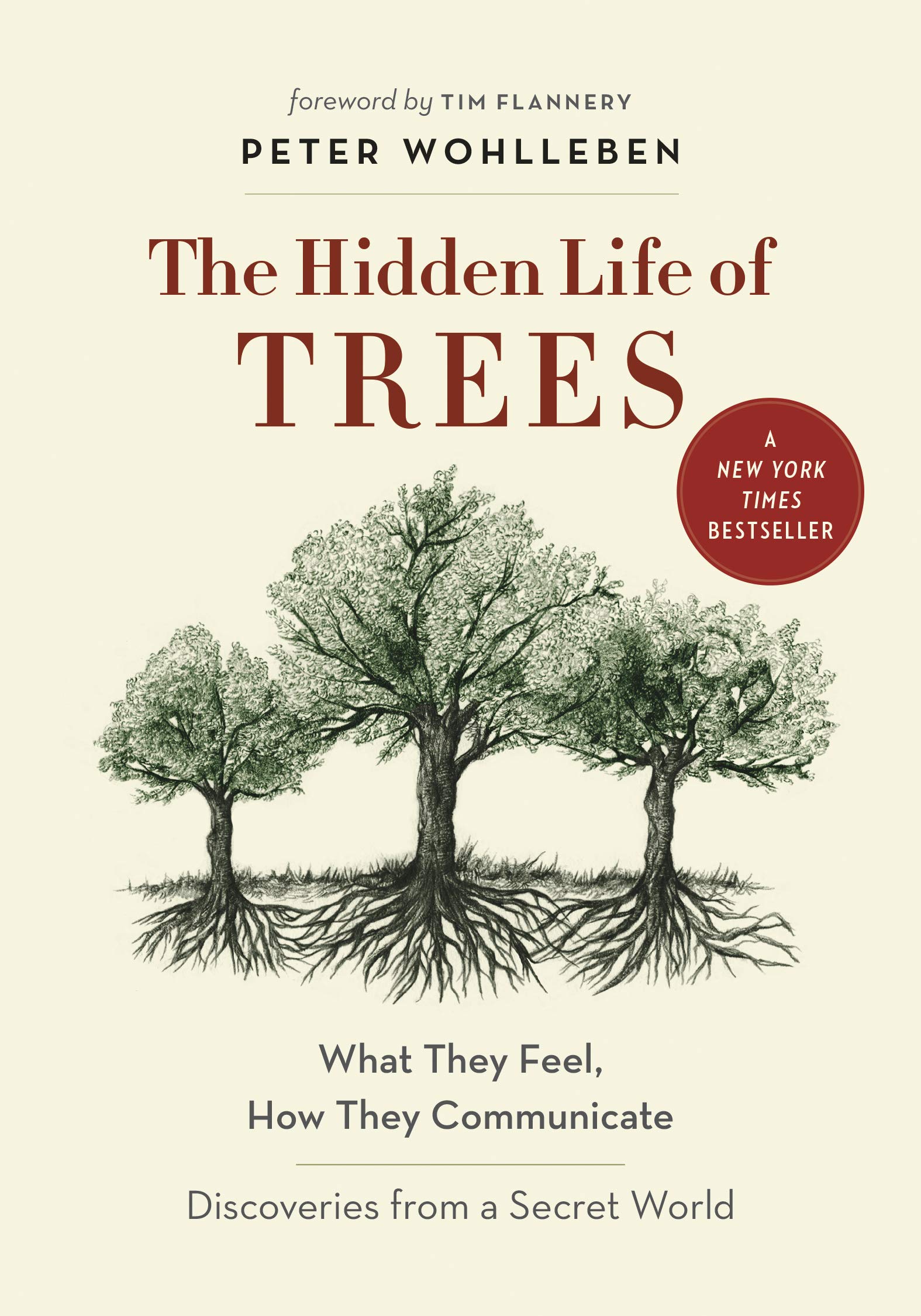How To Meditate

Why Should You meditate?
Back in the day, meditation was only for hippies.
These days, many people have found meditation is helping them in their day to day lives quite significantly. It helps them be relaxed, more focused and ready for a challenge. But, how? It’s just sitting there with your eyes closed, isn’t it?
If you are sceptical, before learning how to meditate you might want to check out our The Scientific Benefits of Meditation article to find out why you should.
Meditation Space
You can meditate anywhere, really. It is, after all, just you sitting there and using your mind. However, it might be a good idea to consider a few things before you choose where you are going to meditate.
Will there be much noise going on that might distract me?
You don’t want too much outside noise happening while you are meditating. Any noises might make you start thinking about whatever the noise triggers your brain to think about. You want to be able to keep your mind not thinking as much as possible. You might hear a car go by outside because your window is open. Suddenly, your brain starts thinking, “That car sounded big. Maybe it was a jeep. Actually, I’d love a jeep…”
Is somebody I know going to come and interrupt me?
You don’t want somebody coming in to the room to interrupt you. Make sure that you are somewhere that you will not be interrupted; or tell any potential interrupters to leave you alone for a while.
Am I able to sit comfortably?
You don’t want to be sitting on too hard a floor without a pillow or something soft underneath you. If you start getting uncomfortable sitting on a particular surface you’ll going to find it very hard to not think about it.
Does where you’re meditating have a certain “feel” that you like?
A lot of people like to just meditate in their bedroom without thinking past the spot being quiet, comfortable and knowing they won’t be interrupted. Why would you care what the room looks like? Your eyes are closed.
Well, some people like to set up a meditation area that has a certain “feel” to it that helps them get more in to the mood. You might have a psychedelic hippy poster on the wall, you might buy yourself a really nice “meditation pillow” to sit on or you might even burn some incense sticks to get that “hippy shop” vibe.
Anything that helps you get in the zone.
How Do I Sit?

You want to be in a position you find comfortable. However, there are some positions that are better then others.
Some people like to lie down when they meditate. However, surprise surprise, sometimes they fall asleep. Falling asleep while lying down with your eyes closed and trying not to think? Mental.
You can also sit in a chair. You are much less likely to fall asleep if you are sitting up straight and not slouching too much in the chair. However, the most common meditation position is the padmasana (pictured above.) By sitting cross-legged with each foot on the opposite thigh you are able to sit for a long period of time.
Keep your legs in a comfortable position, your arms relaxed, your head facing forward and make sure you keep your back straight. No slouching!
Become The Observer
There are many different techniques that will help you slow down your thinking. Before we look at a couple, let me just be clear about one thing: It’s nearly impossible to stop thinking completely. Instead, what you are doing is becoming an “observer” of your thoughts.
Your brain will throw something up like “What am I going to eat later?” Normally we might start thinking about what we are going to eat, then what are favourite foods are, then that restaurant we went to last week… 30 minutes later you’re thinking about an argument you had 10 years ago in your local Italian and getting annoyed.
Becoming the observer means you take a step back in your mind. You hear your brain say “What am I going to eat later?” You notice you say it, you push it away and don’t think about it any further. You are NOT trying to completely block your thoughts from happening.
How Do I Stop Thinking?
However, you do want to stop thinking as much as possible. One method is to concentrate on your breathing. Take slow, deep breathes and really concentrate on your breathing and nothing else. Hear your breath, feel your breath and become completely fixed on it. Your brain will be concentrating so much on your breathing it will have random thoughts less.
A very popular type of meditation is transcendental meditation. This is where you have a mantra (a small phrase) that you repeat in your head. This mantra can be anything but is commonly either two things: a positive reinforcement (I feel confident today) or something to help you meditate (As I breath out I feel relaxed.) You should time your mantra with you breathing; repeating it everytime you breath out.
How Long Should I Meditate For?
People often recommend you meditate for at least 20 minutes daily. However, at first it can be hard to meditate for such a long time. It might be best to start with 10 minutes and work your way up to 20.
Even though meditating is just sitting calmly with your eyes closed, it is a skill. And like any skill you’ll get better at it the more you practice. At first you’ll feel very fidgety, bored, unable to fully relax and might struggle to stop thinking.
Don’t worry. Everyone struggles at first and you’ll get better. If you’re having trouble with 10 minutes, start with 5 and work your way up from there.
When Should I meditate?
It is advised that you should meditate everyday. Typically, this will be in the morning after waking up or in the evening before going to bed.
Meditating everyday will help you get better and better at doing it as well as having the daily benefits of doing so. Try and get a schedule where you meditate at the same time and for the same length everyday.
After all, meditating makes you more relaxed, focused and ready for the day. Why would you not want to do it every morning?





